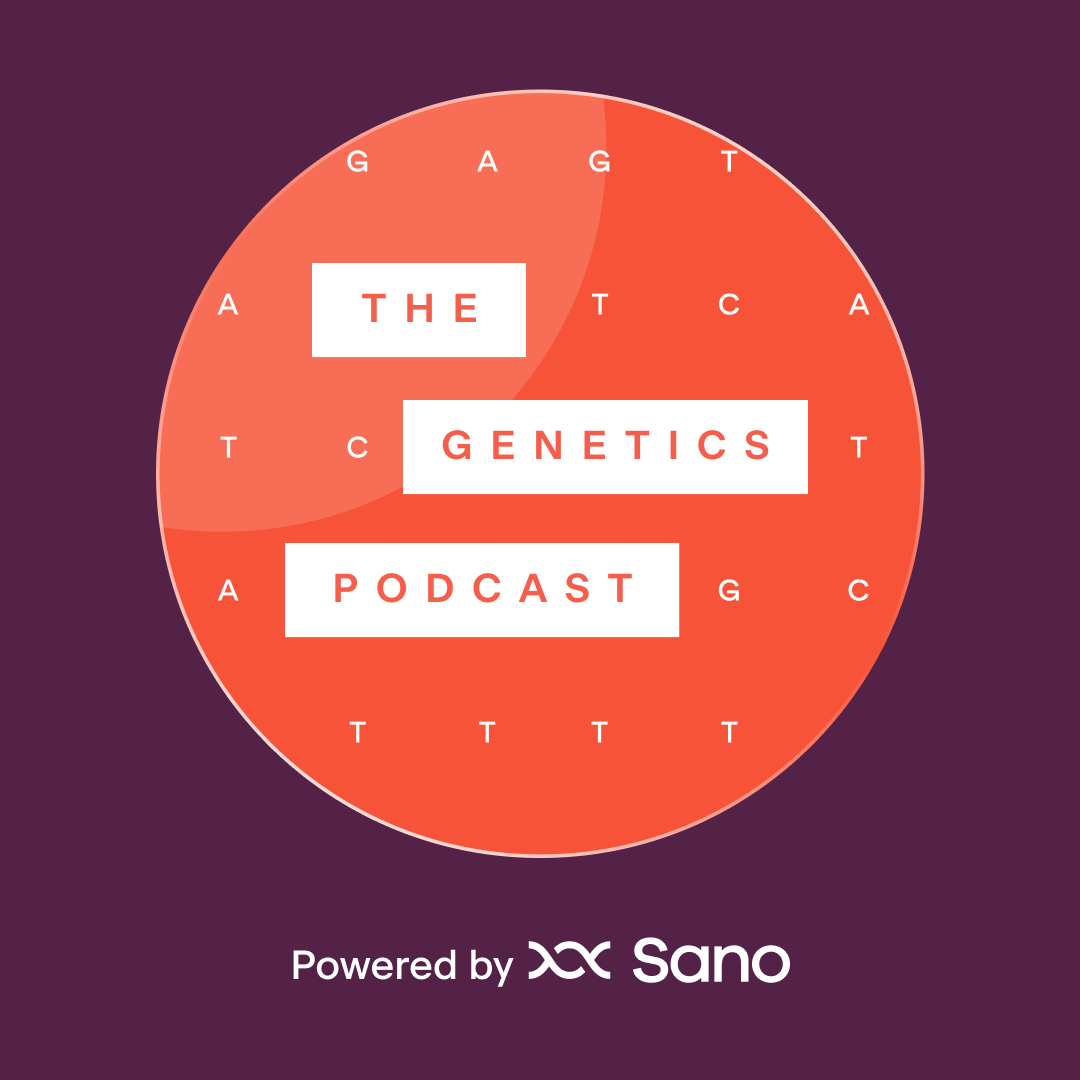EP 152: Unlocking the secrets of gene regulation with Nadav Ahituv, Director of the Institute of Human Genetics at UCSF
September 19, 2024

This week, we’re thrilled to welcome Nadav Ahituv, the Director of the Institute of Human Genetics at the University of California, San Francisco.
Patrick and Nadav discuss his research on gene regulation, including his intriguing work on bats and their unique metabolic adaptations – and what that means for human health. They also discuss the evolution of our understanding of genetics, from ancient DNA insights to the mechanisms driving human traits, and how these discoveries could pave the way for future therapies.
01:15 - Introductions
02:02 - How our understanding of the non-coding genome has evolved throughout Nadav’s career
04:56 - Our current understanding of non-coding genome grammar
07:40 - Is there a missing piece to the common variant, common disease paradigm?
10:25 - Introducing ultraconserved elements (UCEs) and human accelerated regions (HARs)
12:50 - Can a simple code explain changes in certain regions of the genome? Does this require “messier” solutions, such as large language models?
14:25 - The potential of machine learning
16:56 - Using CRISPR and non-coding elements to treat haploinsufficiency-caused pediatric diseases
20:19 - Nadav’s experience of starting a company
24:44 - How CRISPR A minimizes the risks associated with traditional CRISPR editing
26:04 - How engineering fat cells can starve cancer
32:08 - What’s on the horizon for Nadav’s lab?
34:52 - Bats as unlikely “superheroes,”, and what we can learn from their glucose levels
38:43 - The genetic differences between archaic humans, like Neanderthals and Denisovans, and modern humans
40:33 - Closing remarks